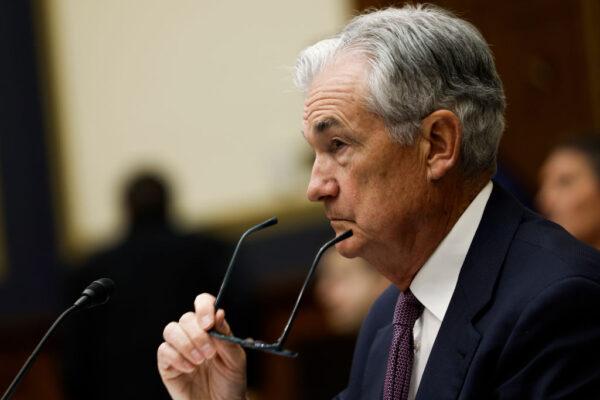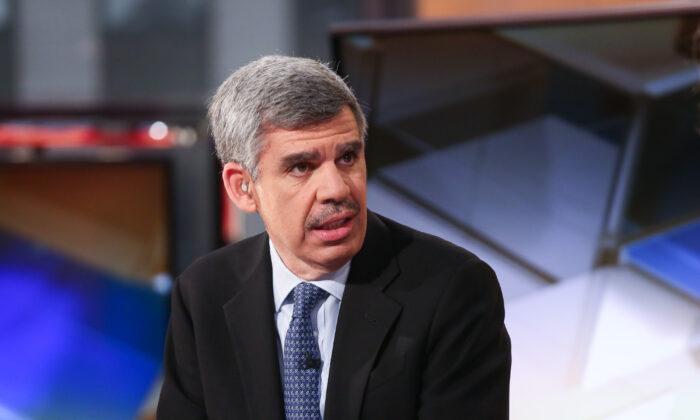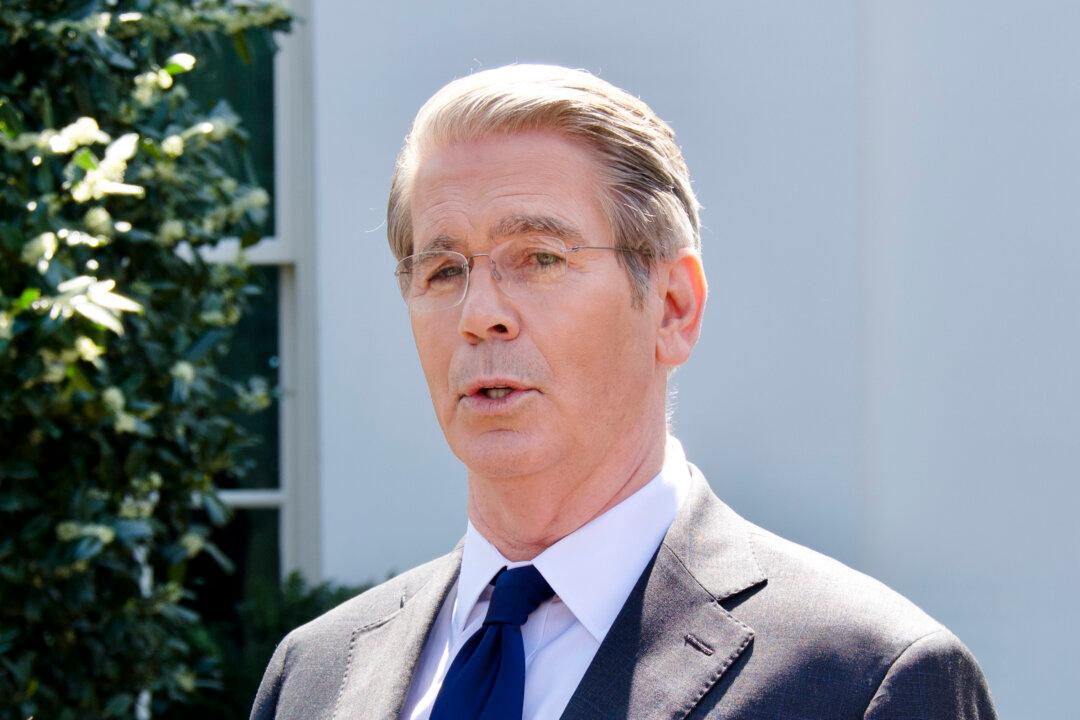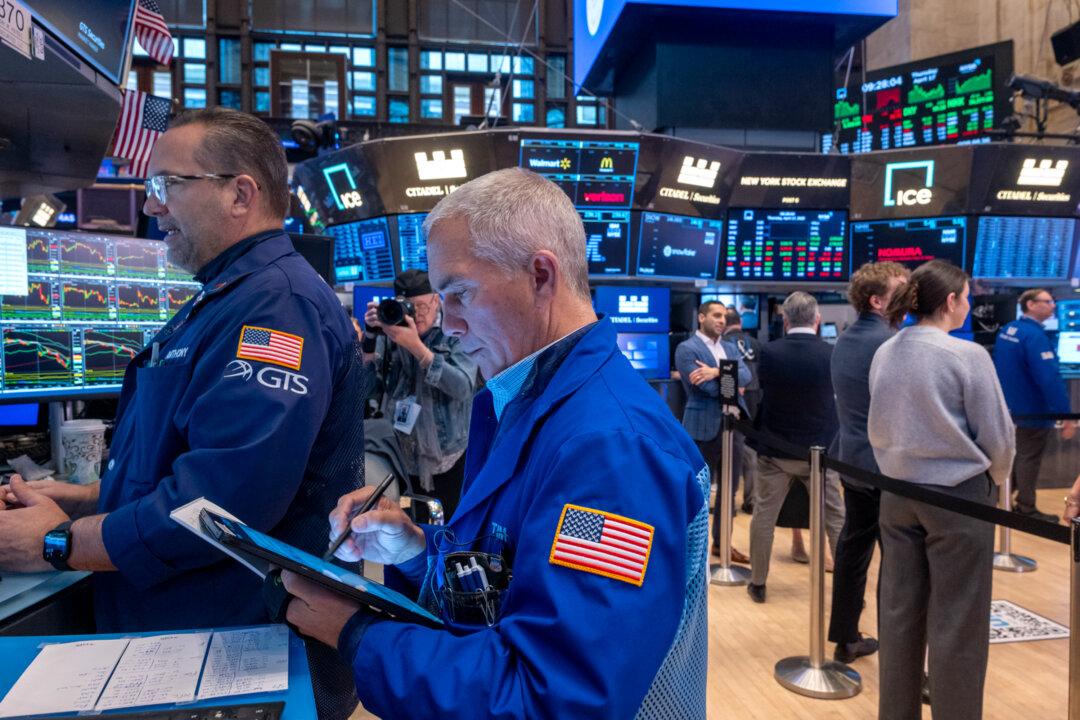The Federal Reserve’s year-long aggressive monetary tightening efforts could turn out to be one of the most significant policy errors in the last several decades, according to renowned economist Mohamed El-Erian.
El-Erian shared excerpts from the Peterson Institute for International Economics (PIIE) and the Financial Times that reinforced his view that the U.S. central bank is committing egregious policy missteps.
Silicon Valley Bank was not subjected to routine stress tests. However, experts aver that the California-based bank would have passed because it had been considered “well-capitalized” by the Fed. The tests also gauged how the company would have handled a falling GDP, rising unemployment, and tighter credit conditions. Today’s primary economic challenges are rampant price inflation and higher interest rates.
‘One Mistake After Another’
El-Erian has been highly critical of the Federal Reserve for the past year.He penned an op-ed on MarketWatch on Monday, asserting that the institution “has slipped in its analysis, forecasts, policymaking and communication” and has made “one mistake after another.”
In the end, Fed Chair Jerome Powell will be remembered as Paul Volcker or Arthur Burns, El-Erian purported. The former had conquered skyrocketing inflation in the 1980s. The latter kept monetary policy too loose for too long, resulting in stagflation (a blend of slow economic growth and rampant inflation).

“So yes, unfortunately, this will go down in a big policy error by the Federal Reserve,” he said. “Even Chair Powell has gone from looking for a soft landing to soft-ish landing to now talking about pain. And that is the problem. That is the cost of a Federal Reserve being late. Not only does it have to overcome inflation, but it has to restore its credibility.”
Last month, El-Erian asserted that the Fed is facing a “trilemma”: inflation, financial stability, and economic growth.
He suggested that the Fed should hit the pause button on its tightening campaign, adding that he is concerned about how the banking turmoil could result in credit challenges throughout the national economy.
“I’m more worried about the credit issues — and that really comes back to how badly hampered the economy is because of this mishandled interest rate cycle,” El-Erian told CNBC.
At the March Federal Open Market Committee (FOMC) policy meeting, the central bank voted to raise the benchmark fed funds rate by 25 basis points to a target range of 4.75 percent and 5.00 percent.
Powell told reporters he does not anticipate any rate cuts this year, adding that the rate-setting committee could even pull the trigger on a rate hike if necessary.
He also insisted that the American people can feel confident that their deposits are safe in the wake of the SVB and Signature Bank failures.
“We took powerful actions with Treasury and the FDIC, which demonstrate that all depositors’ savings are safe,” Powell told a post-FOMC meeting press conference. “The banking system is safe.”
Powell noted that it is too early to determine if the SVB and Signature failures will impact the U.S. economy.

Some March economic data were published on Monday.





